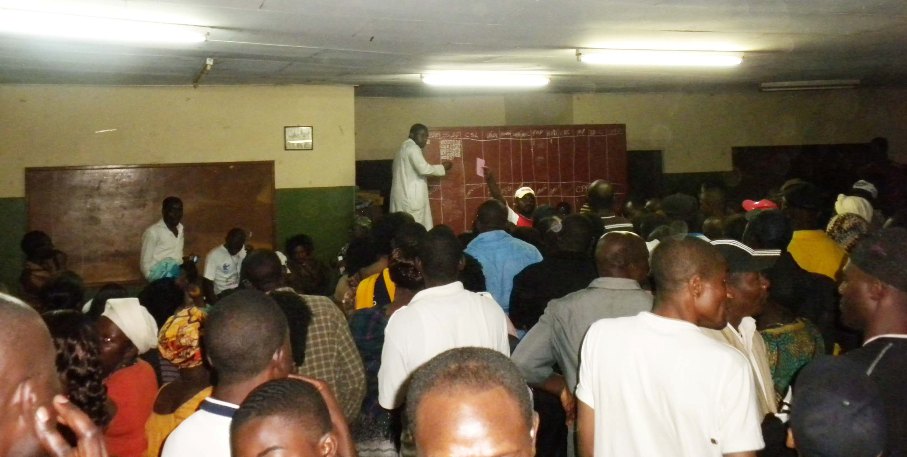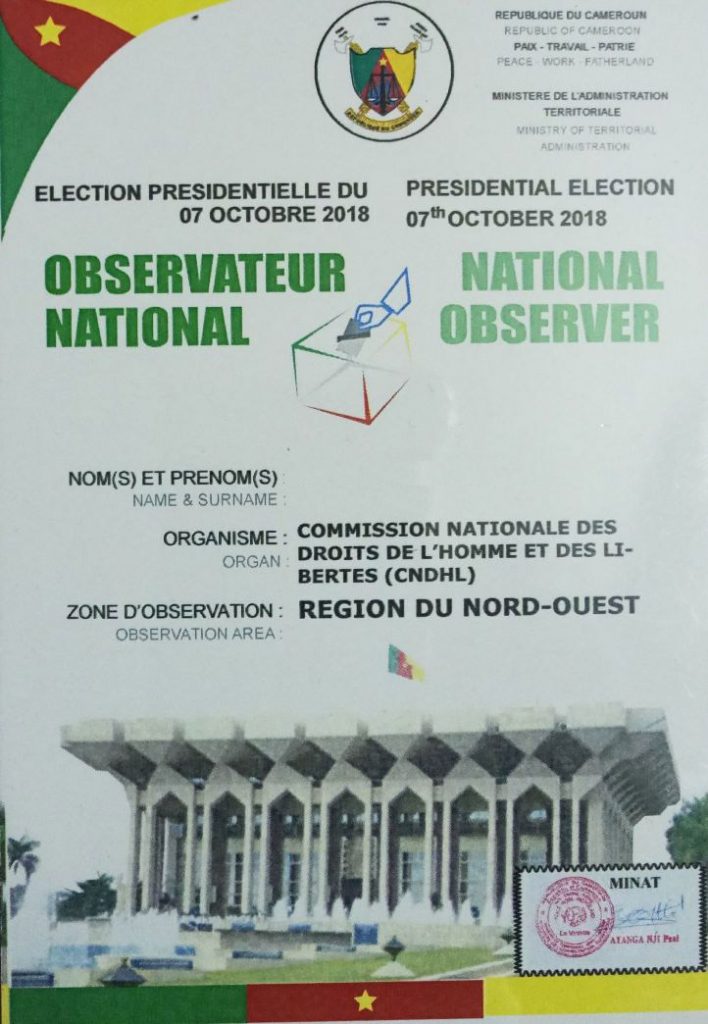GOAL
- MAHSRA aspires to achieve an ideal democratic nation implementing effective good governance policies through an institutional and organizational reformation of its basic build up local government/political units and socio-cultural gatherings.
MAHSRA’s interventions in democratic and good governance domains are majorly addressed through objectives, activities and impact measures.
Specific Objectives
- To train local government officials and community councilors/leaders on proper techniques for implementing democratic principles for good governance;
- To promote social dialogue and support for constitutional processes especially interactions between marginalized/less privileged groups and the government that foster national dialogue, democracy and reconciliation amongst diverse communities and actors;
- To promote civil society empowerment, including the empowerment of local/rural women and youths participation in local governance and other leadership positions;
- To promote civic education, voter registration and citizen’s access to information including the people’s participation in democratic processes especially concerning local and national elections and the strengthening of a network to access public information for all;
- To promote the codification and constitutional revision of some local non-democratic customs.
Major Activities
- Organizing democracy oriented trainings and capacity building workshops for local government and community councilors/leaders;
- Organizing meetings between marginalized/less privileged groups, government officials and community leaders;
- Creating, uniting and supporting local/rural women and youth movements to promote their participatory interest in local and national governance policies;
- Encouraging the operational strengths of electoral commissions in applying proper democratic processes, criticizing their failures, participating in elections monitoring processes and encouraging the local and national media towards extending the reach of public information (press freedom);
- Collecting data on existing customary dispositions, proposing reformatory texts at the appropriate quarters and level and codifying the modified texts for a popular reach of the concerned localities.
Impact Indicators
- Assessments of local government and community councilors/leaders becoming accountable to the local populations for their acts and decisions they make;
- Assessments on conflicting communities and community actors become friends, and more pleas of the people receiving responses from local and national government authorities;
- Assessments on local/rural women and youths occupying community leadership positions and eldership tittles;
- Assessments on the increase in the electorate of grassroots/local communities and other zones during elections, as well as, on after election’s grievances experienced;
- Assessments on customary dispositions registered and enforced by the local government authorities of the concerned locations.


